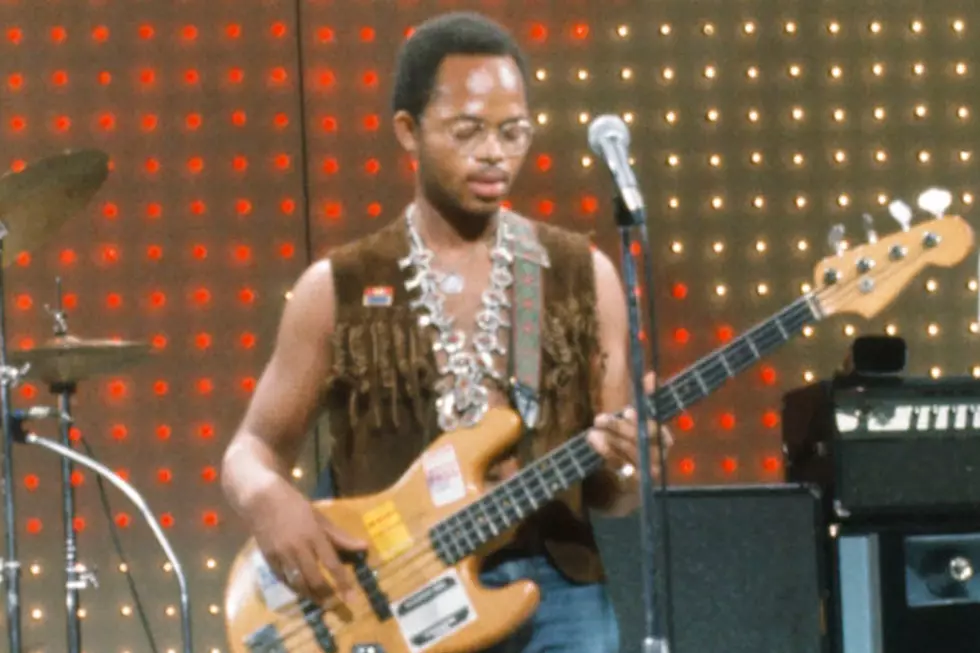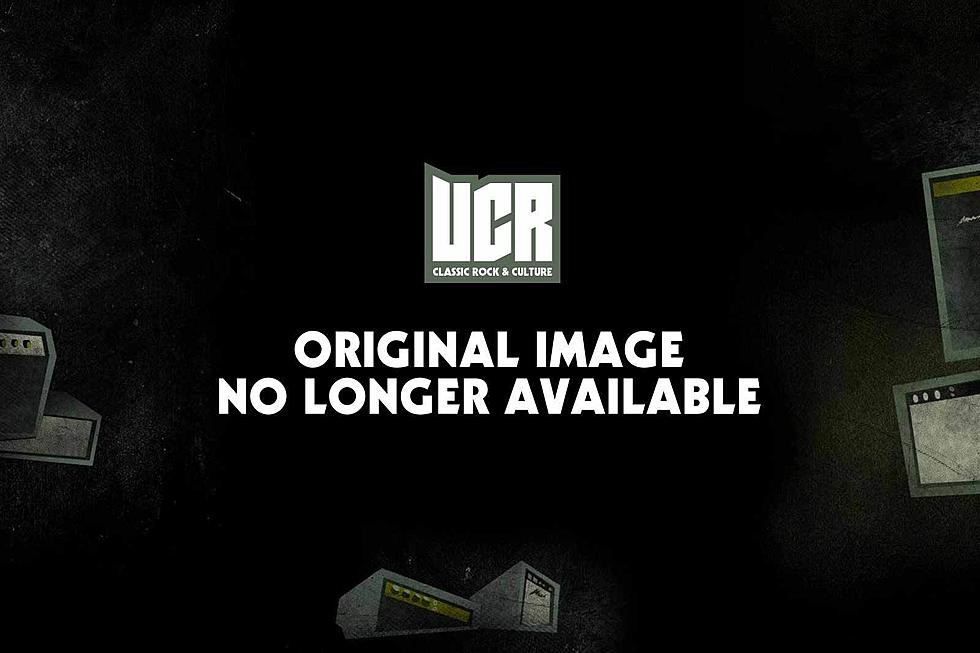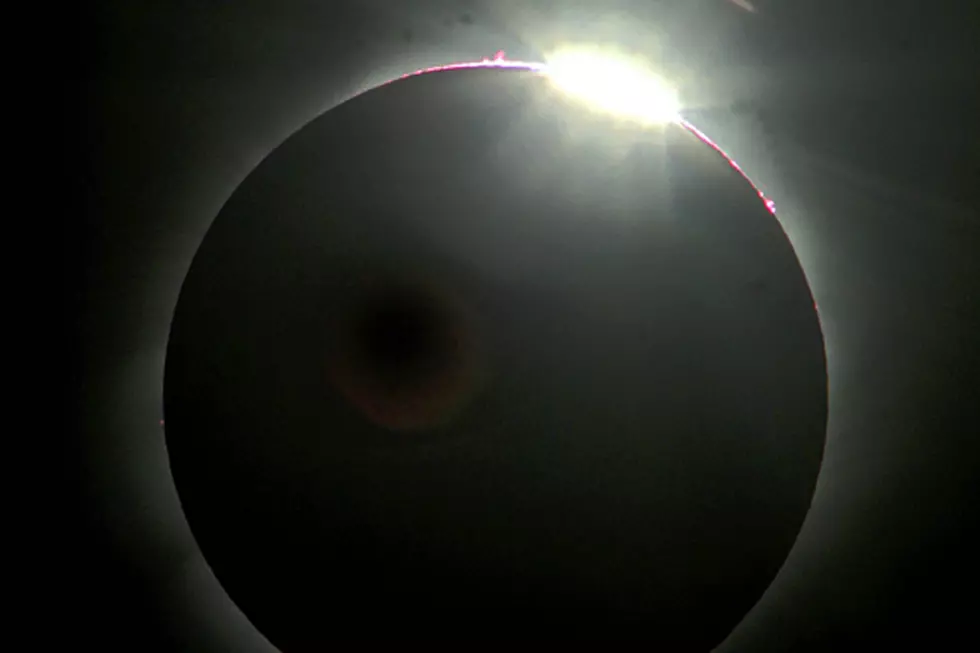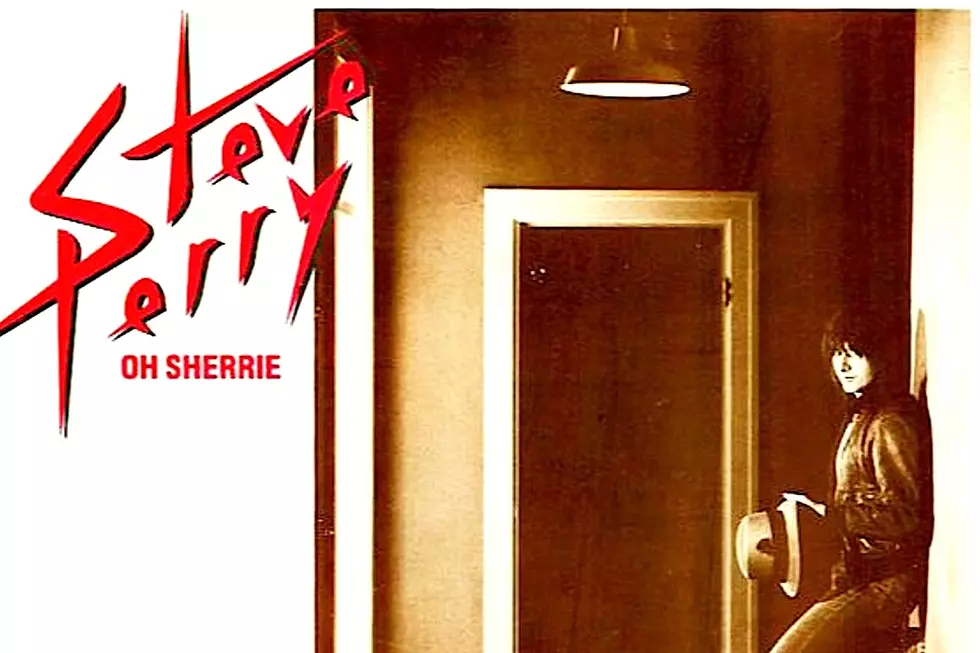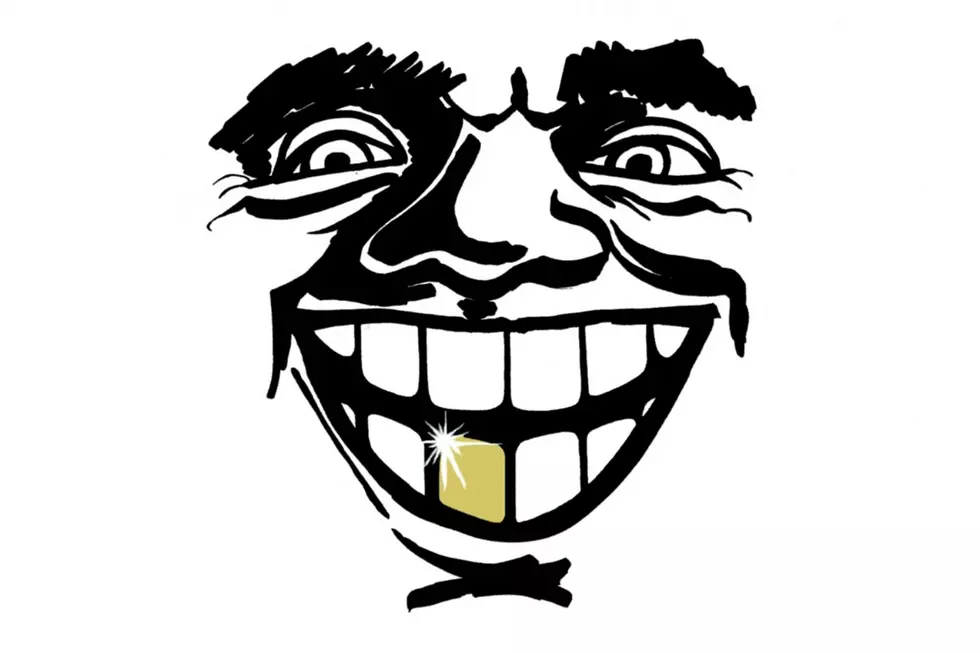
When War Made a Plea for Harmony With ‘Why Can’t We Be Friends?’
War soldiered on after losing lead singer Eric Burdon partway through an early tour, becoming one of the better-selling – and diverse – rock acts of the '70s. By the time they entered the studio to record their seventh LP, they had stacked up three consecutive gold-selling albums.
This did not, unfortunately, make them immune to label difficulties, and when Why Can't We Be Friends? arrived on June 16, 1975, it had been nearly two years since the band had delivered an album of new material — the unfortunate byproduct of a drawn-out battle between War's production company, Far Out, and United Artists Records.
Fortunately, the band Rolling Stone called "the black man's Allman Brothers" responded by delivering just the right album at just the right time.
"Let's be honest – the whole damn world is in a turmoil just now," keyboard player and percussionist Lonnie Jordan said in a 1975 interview with Blues & Soul. "Nobody knows what to do, do they? So we make a commentary on the world the way we see it – and we try to provide a little bit of happiness for everyone. But our question is to the whole world – why can't we be friends? To black, to white, to Arab, to Jew – why can't we all be friends? We try to communicate to everybody with our musical messages."
Those messages were summed up fairly succinctly with the instantly memorable title track, which repeats the chorus dozens of times over a sunny musical gumbo of ragged rock and loose funk.
It isn't high art, but that's basically the point — with "Why Can't We Be Friends?," as they had on previous releases, War cannily wrapped overtly political pleas for peace, racial harmony and economic equality inside songs with utterly non-confrontational arrangements. "Harmony, melody and fun. That's what we want to do," Jordan later told Sounds. "Make the people smile, laugh and be horny."
Listen to War's 'Why Can't We Be Friends'
Those noble goals continued to produce results with Why Can't We Be Friends?, which hit No. 8 on the Billboard Top 200 Albums chart while topping the R&B tally (and breaking the Jazz Top 20). The record also spun off a Top 10 dance single, "Heartbeat," while sending the title track to No. 6 and adding another Top 10 pop hit, "Low Rider."
Like "Why Can't We Be Friends?," "Low Rider" went down in War history as one of the band's biggest signature hits, with a danceable beat and naggingly catchy dominant riff that continue to make it a popular choice for cover bands and hip-hop samples. Like much of the band's catalog, "Low Rider" sounds borderline silly, but it makes a genuine effort to deal with real-world themes — and its toe-tapping arrangement, anchored by drummer Harold Brown's immediately recognizable pattern, sums up the beauty of War's approach to making records.
"Harold started playing that beat, the rest of us just joined in, and that was the only take there ever was," Jordan told Mojo in 1995. "Listen to those old records hard and you'll hear all sorts of mistakes that it wasn't worth sacrificing the moment to get rid of."
War's run of hit records continued into the early '80s, then the lineup splintered after 1994's cobbled-together Peace Sign. Jordan went on to lead a new version of War while the bulk of the original group continued on as the Lowrider Band. Still, their work together remains as vibrant as ever.
"The songs went on for so long because we all had ideas we wanted to get in there," Jordan said with a laugh during his conversation with MOJO. "Really, that stuff came about simply because after doing it live so long, we loved to play. I guess we were just showing off!"
See the Top 100 Albums of the '70s
More From Ultimate Classic Rock
